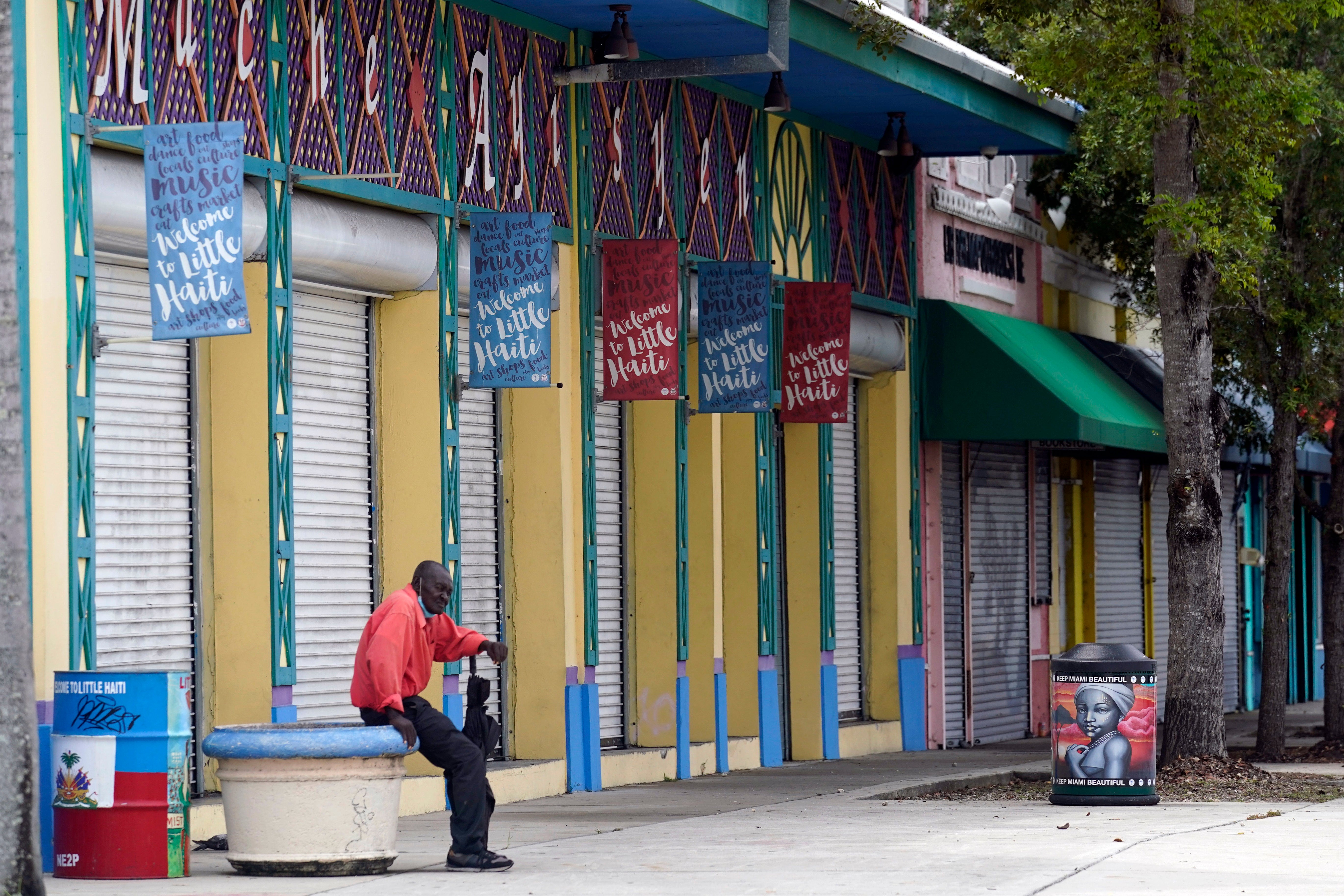Key events in the history of Haiti
An island encountered by Christopher Columbus in 1492 became the world's first Black republic in 1804 following a slave revolt

Dec. 6. 1492 — Christopher Columbus lands on a Caribbean island that the Indigenous Tainos called Quisqueya. The Spanish enslave the Tainos and rename it Isla Espanola, shortened to Hispaniola.
1697 — Spain cedes the western third of the island to France
Jan. 1, 1804 — Following a lengthy slave revolt and war of independence, the former French colony officially becomes Haiti — the world's first Black-led republic and the second independent republic in the Americas after the U.S.
April 17, 1825 — France finally recognizes Haiti’s independence — but demands 90 million gold francs in compensation. The United States recognizes Haiti only in 1862.
July 28, 1915 — The assassination of Haiti's president prompts U.S. President Woodrow Wilson to send U.S. Marines to Haiti; the occupation ends in August 1934.
Oct. 22, 1957 — Francois “Papa Doc” Duvalier is inaugurated as president. A medical doctor turned dictator, he promoted “Noirisme,” a movement that sought to highlight Haiti’s African roots over its European ones while uniting the black majority against the mulatto elite in a country divided by class and color.
April 21, 1971 — Duvalier dies and his 19-year-old son Jean-Claude “Baby Doc” succeeds him as the world’s youngest president.
Feb. 7, 1986 — Duvalier flees to France amid a popular uprising. A military junta assumes power under Gen. Henri Namphy.
Feb. 7, 1988 — Leslie Manigat is sworn in as president in an army-organized election. He's ousted by Namphy a few months later. In September, Namphy is ousted as well and Prosper Avril assumes power.
March 10, 1990 — Avril resigns amid a popular revolt.
Feb. 7, 1991 — Jean-Bertrand Aristide, a former Roman Catholic priest and pro-democracy activist, becomes president after election.
Sept. 29, 1991 — Aristide is ousted by a military junta.
Oct. 15, 1994 — Aristide returns to Haiti with the support of U.S. President Bill Clinton.
Feb. 7, 1996 — Rene Preval, a prime minister under Aristide, is inaugurated as president following election.
Feb. 7, 2001 — Aristide takes office for a second elected term, which is marred in part by the international community blocking hundred of millions of dollars in aid.
Feb. 29, 2004 — Aristide is ousted by an armed rebellion and goes into exile.
May 14, 2006 — Preval is inaugurated for a second term and becomes the only democratically elected president in Haiti to win and complete two terms.
Jan. 12, 2010 — A magnitude 7.0 earthquake devastates Haiti, killing thousands and prompting massive promises of aid.
May 14, 2011 — Michel Martelly, a former pop star with close ties to the military junta that first toppled Aristide, becomes the elected president.
October 4, 2016 — Category 4 Hurricane Matthew strikes Haiti and kills hundreds of people.
Feb. 7, 2017 — Businessman Jovenel Moïse, Martelly’s hand-picked candidate, becomes president following a second election, the first having been annulled by fraud.
Feb. 7, 2021 — Moïse announces 23 people arrested in coup plot. Courts later dismiss claim and free them.
July 7, 2021 — Moïse is killed in his home after years of mounting unrest and allegations of corruption.
Bookmark popover
Removed from bookmarks